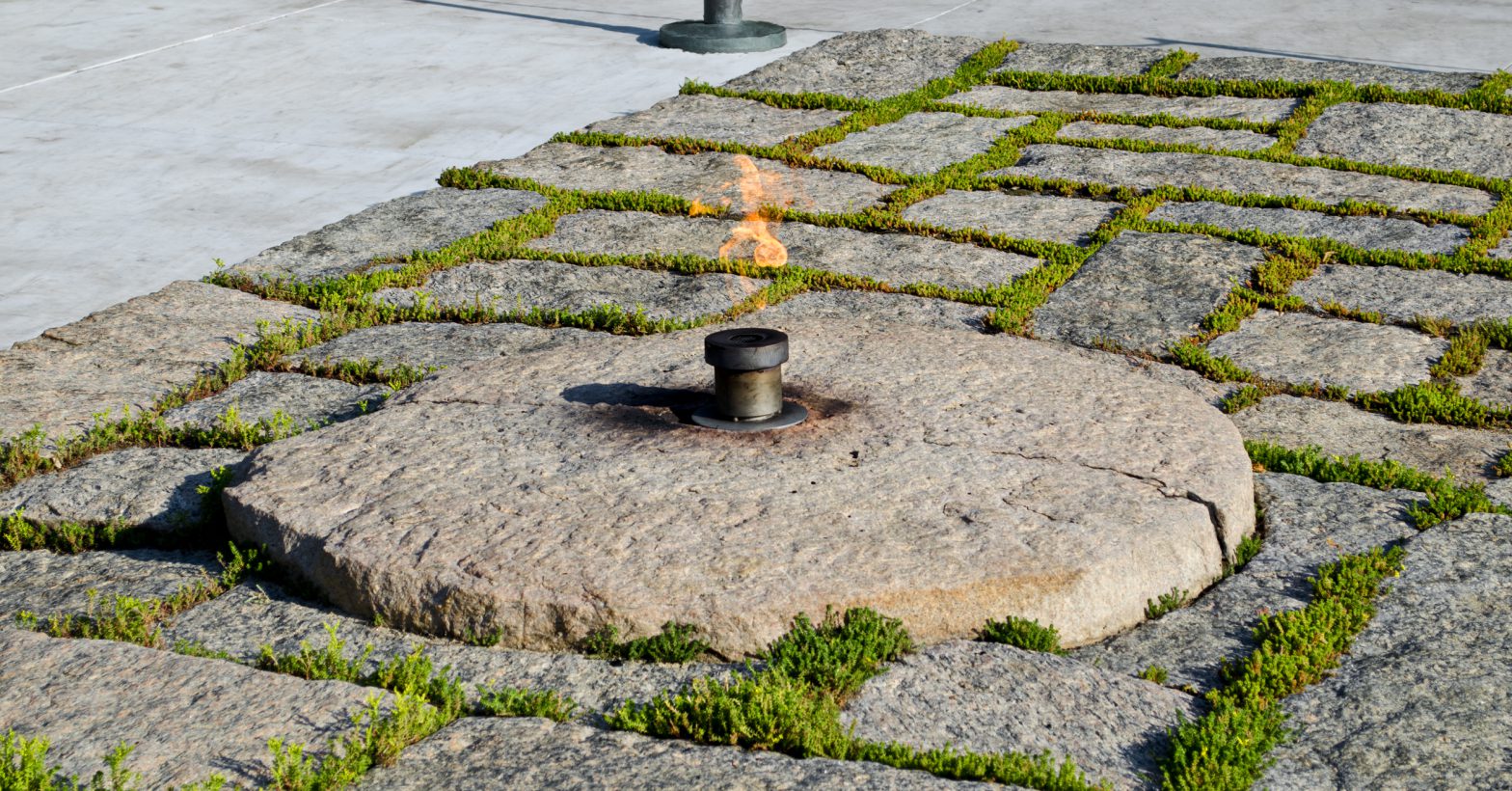Sixty years after the event, I can tell you exactly what I was doing during my school lunch break on November 22, 1963: I was sitting on a bench, reading Madeleine L’Engle’s The Moon by Night, and waiting for my turn at handball. The handball court was at the far end of the playground, so when the teachers came out and started blowing their whistles, we didn’t hear them. We did notice the students closer to the buildings were running toward them, so we picked up books and balls and remnants of lunch and ran, too.
For the rest of our official school day, we sat in the classroom and watched the news on the overhead TVs; President Kennedy had been shot while touring Dallas, Texas. Teachers debated about what to do: were we under threat of attack? Should they send us home? Should they make parents come and fetch us? In the end, they kept us in class, muted the TV, and went on providing examples for calculation areas of geometric figures and discussing the geography of South America.
Catastrophic events affect us in peculiar ways. Personal catastrophes, like the death of a parent or close friend, or injury, are traumatic in one way, but while they happen, the rest of the universe carries on. Things may be wrong for us, and that will shape us, but the framework of our world doesn’t change, and those less affected continue with their jobs, and often support us.
Public catastrophes like earthquakes and assassinations or terrorist attacks are different. They shape not only our perceptions, they become the incarnation of our cultural fears and affect us as a community for generations. Everything stops, and when it starts again, not only are we different. Our world is different.
On September 11, 2001, I was teaching a class online. As the news of the attack on the World Trade Center and the Pentagon unfolded over CNN, I was faced with the same questions my teachers must have considered the day President Kennedy was shot, and I made the same decision for my scattered students, some of whom were in New York City and Washington D.C.: I held my class together, and kept on teaching, not just about Natural Science, but also about the events unfolding around us.
Education does not happen in a vacuum, but it takes the long view, and classical education emphasizes this long view by helping us realize that humans have been facing the same challenges we face, and that we can overcome catastrophe and build anew.

